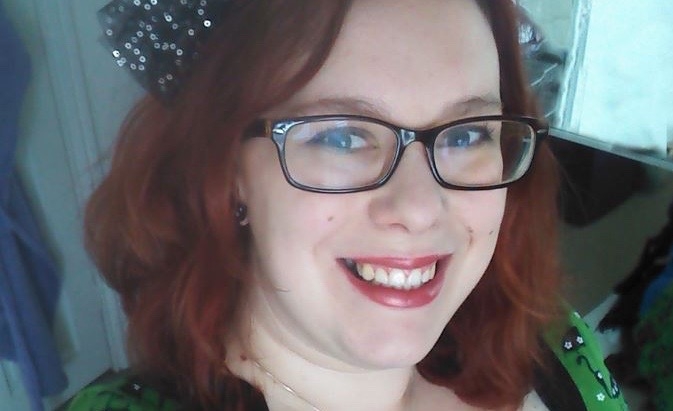Posted By: MMHA
1 minute read

I shudder to think how close we came to a very different outcome.
When I fell pregnant, I had pre-existing mental health difficulties and a diagnosis of bipolar disorder. I was known to be high risk for postnatal ill health, but I received little support and few preventative measures were put in place. It seemed that the community mental health team and the midwifery team each assumed it was the other’s responsibility.
My son’s birth was extremely traumatic; it left me physically unwell and I completely shut down emotionally and mentally. About a month later, I started to experience flashbacks, violent intrusive thoughts and suicidal impulses. I felt out of control and terrified.
I had no idea what was wrong with me, and as there was no specialist perinatal mental health care where I lived at the time, the healthcare professionals I saw were ill-equipped to recognise what was happening or the danger I was in as I became increasingly determined to take my own life.
After presenting at A&E, and following a lengthy and complex referral process, I was admitted to a psychiatric Mother and Baby Unit. I shudder to think how close we came to a very different outcome.
Having had horrendous previous experiences of inpatient wards, I was apprehensive about the unit, but equally I was thankful to be in a safe place and with my baby. The care we received was excellent, and it was there that I was diagnosed with complex PTSD [post-traumatic stress disorder].
This was life-changing for me, as it was the first time that the role of childhood trauma, both in my ongoing difficulties and in my response to the birth, was acknowledged and understood. The perinatal period presents a unique opportunity to break cycles of intergenerational trauma, to radically improve parents’ lives, and to give the next generation the best possible start. We need specialist, comprehensive, trauma-informed perinatal care, accessible to every family.
You can follow Laura on Twitter @cooksferryqueen.
If the content of this story causes you to think of anything that has happened to you or someone you know and you feel upset, worried or uncomfortable, please see our support page for a list of services who may be able to help.